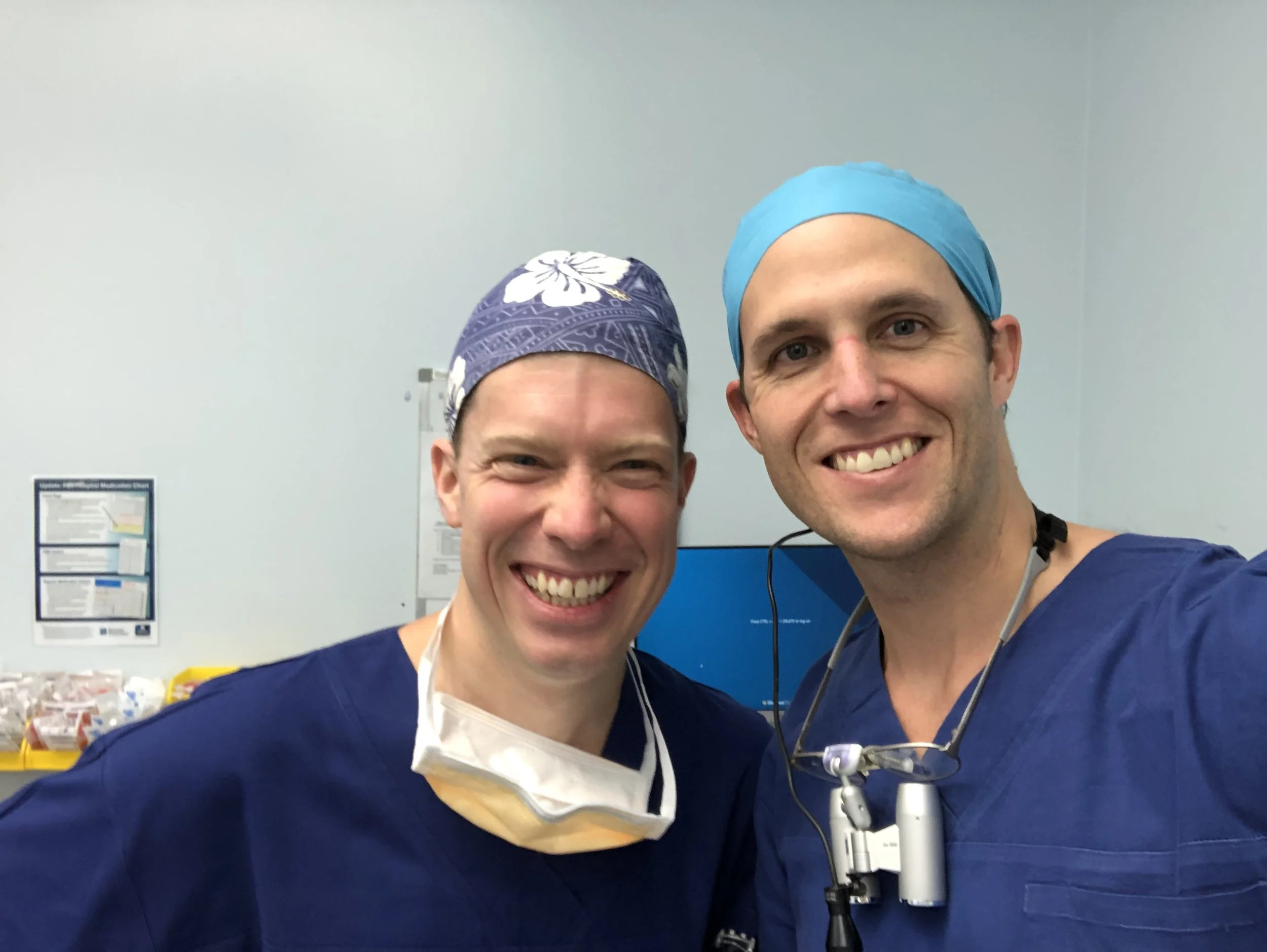Someone once said: “Nothing easy was ever worth doing...”.
I agree.
But I would add to that statement one word...
“alone”.
Many years ago I was inspired by a New York Times article written by surgeon Atul Gawande entitled: “We need more pit crews, not cowboys”.
In the 1970s, 2-3 clinicians were involved in the care of a typical hospital patient. By the end of the 1990s it was 15, and it would be even more now. No longer does a surgeon deliver their services alone. In fact if you’re in any industry that is changing and evolving (and who isn’t) then his message is for all of us.
He says that complexity necessitates a real change in the skills that we cultivate in medicine. No longer should we idealise and single out autonomous, independent, self-sufficient individuals. Rather, we should foster those with humility, who believe in the value of discipline, and recognise the power of true teamwork. Many doctors fear that the pit crew approach will end daring, creativity, and the joys of thinking that medicine has had.
“But nothing says teams cannot be daring or creative or that your work with others will not require hard thinking and wise judgment. Success under conditions of complexity still demands these qualities.” Atul Gawande
I can say for sure that teamwork is not the end of creativity and daring. In fact, quite the opposite. Last week I performed a surgery that has never before been done in Australia. And it was only made possible because I was part of a wonderful team.
From the staff in my rooms (Melanie and Mally) and patient support advocates (Maria and Simone), to the 3D scanning team (Christine) and 3D printing team (Robin, Aaron and Shane), including logistics and distribution (Gina and Imogen), the surgical team (Nik, Linda, Alex and Andrew) and all of the nurses and support staff at North Shore Private Hospital where Sebastian had a wonderful admission; these people, and many more, are all essential to a patient’s experience and outcomes.
Success achieved as one of many does not lessen my sense of achievement, it enhances it.
And it’s not just in my role as a surgeon that I find this to be true. I know that working closely, openly and with a genuine willingness to learn, will be the key to achieving one of my biggest goals, which is to develop a device to treat spasticity for those living with cerebral palsy. Teams of engineers, entrepreneurs, investors, policy makers, and patients themselves are all playing a huge role in bringing this dream closer to reality. On Wednesday 26 June I will pitch my idea from the stage at the graduation of the Medical Device Commercialisation Training Program and the ideas you will hear there, after 12 weeks working with others in this program, are very much transformed from where I started!
So by now you may be asking what’s this got to do with pit crews? I’ll let you be the judge of that by watching the leaps they have made in their performance since 1981.
And if you liked that one, here’s more to inspire your next team discussion!!


